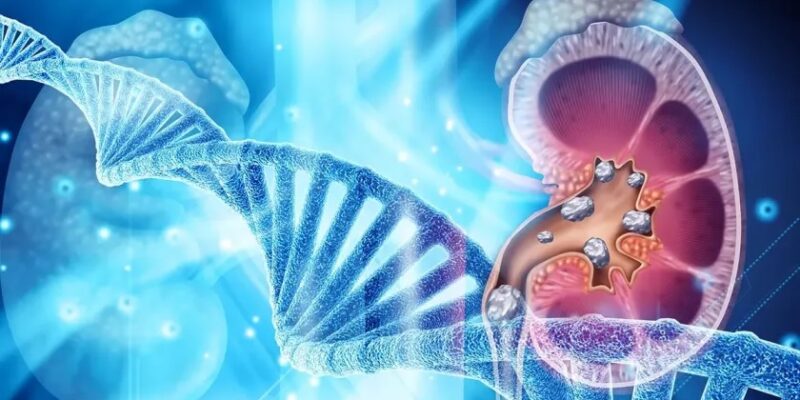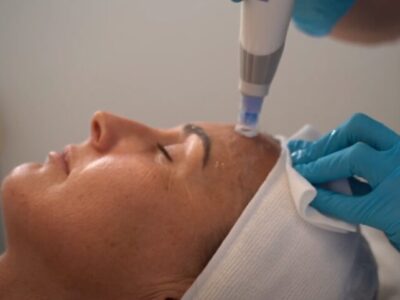
Kidney stones are a painful and often debilitating condition that affects thousands of people each year. The cause of kidney stones is multifactorial, but recent research has shown that genetics may play a role in their development.
Investigating the Genetic Role in Kidney Stones
- Have you ever wondered why some people are more prone to kidney stones than others?
- The answer could lie in their genetic makeup.
- In recent years, researchers have been investigating the genetic role in kidney stones, which may be able to help us predict which individuals are at a higher risk for developing them.
Analyzing Early-Onset Stones
While it has long been accepted that genetics can play some role in kidney stones, it has been difficult to determine exactly how. So, what is the impact of genetics on early-onset stones? We may never know for certain, but one thing is certain: it’s not wise to rely solely on supposed old wives tales like drinking cranberry juice to prevent kidney stones.
Uncovering the Genetic Code Behind Stone Formation
When it comes to kidney stones, many people turn to cranberry juice as a possible remedy. But did you know that your genes may play a role in their formation? Uncovering the genetic code behind stone formation is key to understanding the causes and treatments of kidney stones, and the science behind it is fascinating.
Exploring the Role of Family History
As we explore the role of family history in predicting a patient’s risk of kidney stones, we can’t forget the importance of genetics. While cranberry juice may be good for kidney stones, your genetic makeup could be a major factor in what kind of dietary and lifestyle changes you need to make in order to minimize your risk.
How Genetics Affects Prevention and Treatment of Stones
Are you one of many who have asked themselves, Is cranberry juice good for kidney stones? If so, you’re not alone. But have you ever stopped to think about how your genetics can play a role in prevention and treatment of stones? It’s time to take a look at the role of genetics in kidney stones.
Conclusion.
It is clear that genetics can play a role in the formation of kidney stones. While research is still ongoing, studies have identified certain gene variants that can increase the risk of kidney stone formation. It is important to recognize the potential of these genetic predispositions and take measures to reduce the risk of developing stones. Additionally, individuals should speak to their healthcare provider if they are concerned about their risk of developing kidney stones.











